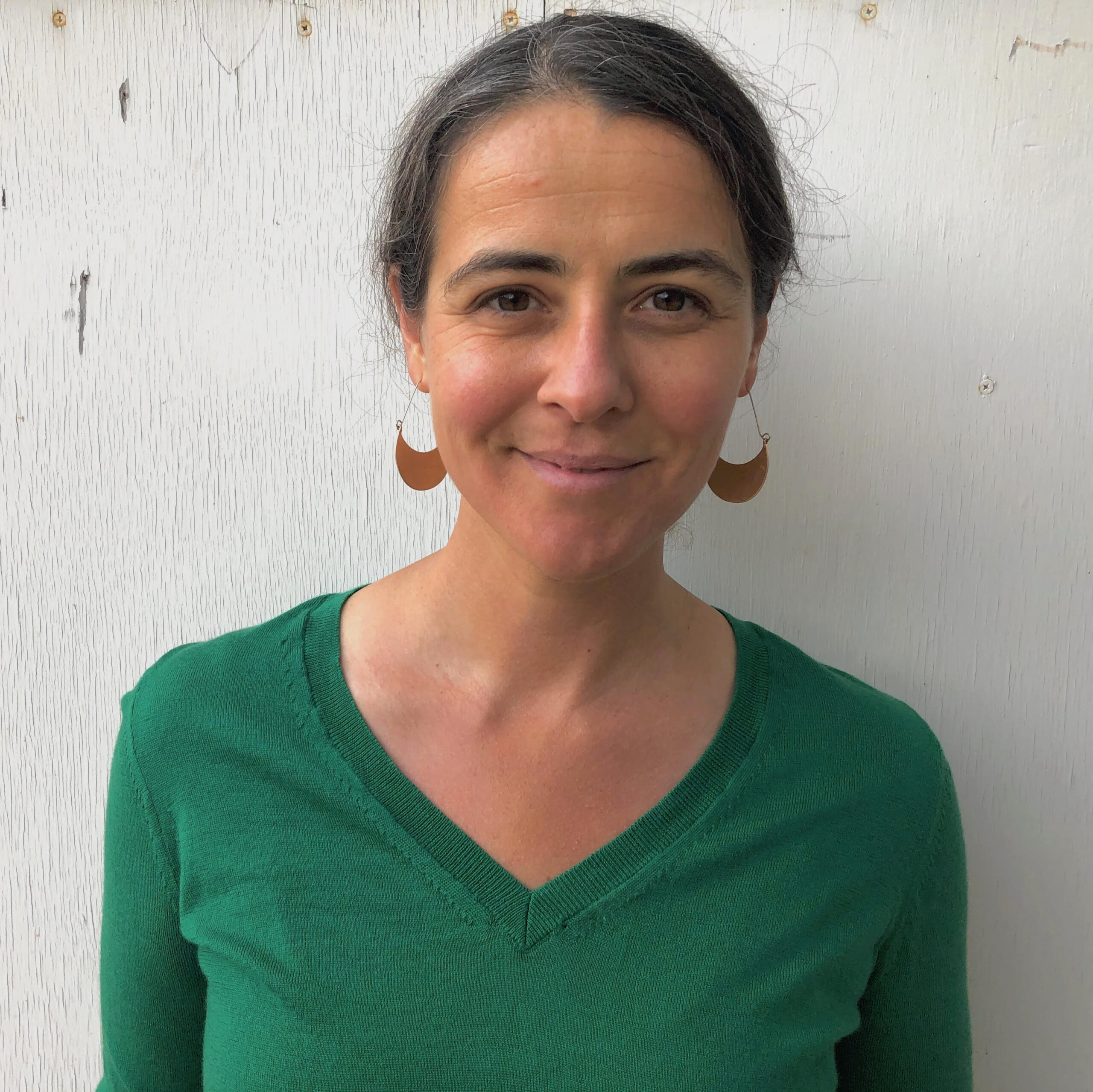Leah Johnson | University of Washington
Presenting: "Observing Carbon Export During NASA’s EXPORTS Field Campaign"
Hosted by the Physical Oceanography Lab
MLML Seminar | March 13th, 2024 at noon

Abstract:
In this presentation, I will overview NASA’s EXport Processes in the Ocean from Remote Sensing 2021 Field Campaign in the North Atlantic (EXPORTS NA) focusing on the physical processes modulating water transformations and carbon export during the study. A major programmatic goal was to conduct the sampling in a Lagrangian mode so that ocean ecological and biogeochemical changes can be observed independent from physical advective processes. To accomplish this goal, EXPORTS NA conducted a multi-ship, multi-asset field sampling program within a retentive, anticyclonic mode water eddy. Lagrangian sampling assets remained within the eddy core throughout the experiment, demonstrating that the mode water eddy was retentive. Outside the retentive eddy core, the rich mesoscale flow field advected biogeochemical tracers around the periphery of the eddy. Additionally, strong westerly winds from four storm events deepened the mixed layer (ML) above the eddy’s mode water and exchanged surface waters outside of the eddy via Ekman transport. Within this environment, two major carbon export events were observed: 1) Gravitational sinking of organic matter out of the ML in the retentive eddy core, and 2) organic matter advected vertically along isopycnals along the eddy edge. Combined these illustrate two examples of export pathways in dynamical regions such as the North Atlantic.
Bio:
I am a Physical Oceanographer at the Applied Physics Lab, University of Washington. My research focuses on processes at the atmosphere-ocean interface that influence the distribution of heat, salt, momentum, and biogeochemical tracers in the upper ocean. Studying the physics of the near surface ocean is essential for understanding how the upper ocean communicates with the atmosphere as well as with the interior circulation. This is a multi-scale problem, requiring detailed studies to explore mechanisms at play, along with an understanding of how these processes integrate to impact the weather and climate system. My research combines observations, numerical models, geophysical fluid dynamics theory, and applied mathematics across scales to address these topics. I received an MS from San Francisco State University and a PhD from the University of Washington. After a postdoctoral appointment at Brown University, I returned to UW as a Senior Oceanographer at the Applied Physics Lab and an Affiliate Assistant Professor within the School of Oceanography.

